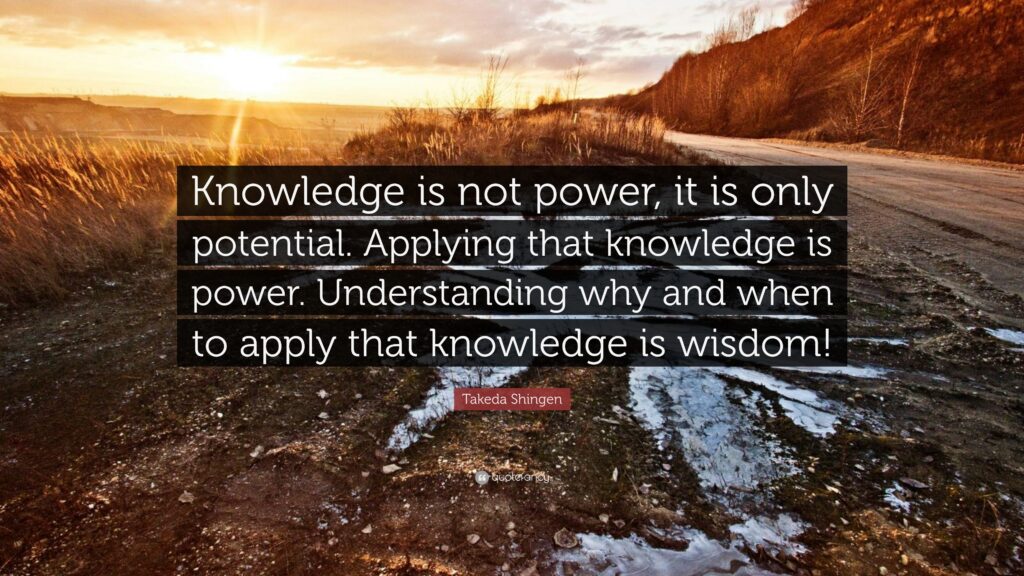“Knowledge is power.”
It’s one of those phrases that gets repeated so often it slips by unquestioned.
But it’s wrong.
Knowledge—on its own—does nothing. It just sits there. Static. Inert. Waiting. The real power lies in how knowledge is applied, organised, and acted upon. That’s when things move. That’s when impact is made. That’s when results land.
Which is why behaviour—what people actually do—matters far more than what they know.
The issue isn’t a lack of knowledge. Most organisations have more than they can use. Strategy decks. Insight reports. Internal diagnostics. All stacked up like firewood with no spark.
The real power comes in translating that thinking into meaningful, confident action.
That’s not a capability gap. It’s behavioural.
It’s about knowing when to move, who to involve, and how to cut through the noise. That’s the line between hesitation and momentum. Between another committee meeting—and a result that sticks.
Napoleon Hill tells the story of Henry Ford being challenged for not knowing technical facts. His answer was simple. He didn’t need to. He had a button on his desk that could summon any expert he required. That wasn’t ignorance. That was leadership. Knowing when to call in the right help isn’t a weakness. It’s a strength.
We see that same mindset in the strongest executives we support. They don’t try to hold everything themselves. They orchestrate. They mobilise. And they move.
That’s exactly where COGENT comes in.
Not to add more noise. Not to write the tenth version of the strategy deck.
But to bring the right expertise to the table, stand shoulder-to-shoulder, and make the plan happen.
Because power doesn’t come from knowing.
It comes from doing.

